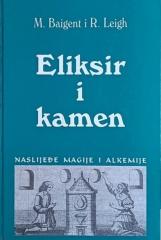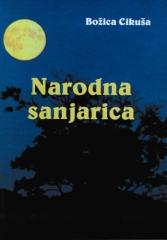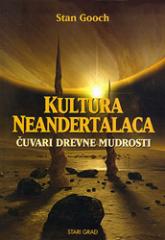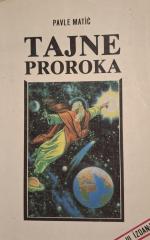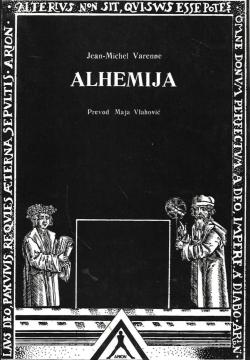
Alhemija
The book explores the complex world of alchemy, an ancient discipline that combines philosophy, spirituality, chemistry and symbolism. The author offers a comprehensive overview of the history, theory and practice of alchemy, with special emphasis on its
Varenne explores how alchemy, often misunderstood as primitive chemistry, is actually a deep philosophical and esoteric teaching. The book is divided into several thematic units that follow the historical, symbolic and practical development of alchemy.
Varenne explains the origins of alchemy in ancient Egypt, where it is associated with the concept of metal transmutation and spiritual transformation. It considers its development in the Hellenistic period, the Islamic world and medieval Europe. Key alchemists such as Hermes Trismegistus, Paracelsus and Nicolas Flamel are presented as bearers of the tradition.
Alchemy is not only the transformation of material substances (such as turning lead into gold), but also a process of inner purification and enlightenment. Varenne explains the concept of the Philosopher's Stone, which symbolizes perfection, wisdom and immortality.
The book explores the rich symbolism of alchemical texts, including motifs such as the sun, moon, serpent, and eagle. He emphasizes the importance of allegories and coded languages in alchemical writings, which are often designed to hide their true meaning from the uninitiated.
It describes the basic stages of the alchemical process: Nigredo (blackness): Symbolizes the decay and death of the old. Albedo (whiteness): Represents purification. Rubedo (redness): Final transformation and realization. Varenne explores the laboratory aspects of alchemy, such as distillation and sublimation, as metaphors for inner spiritual change.
The author connects alchemical ideas with modern spiritual practices and psychology, especially with the work of Carl Gustav Jung, who considered alchemy a symbol of psychological development.
No copies available
The last copy was sold recently.
